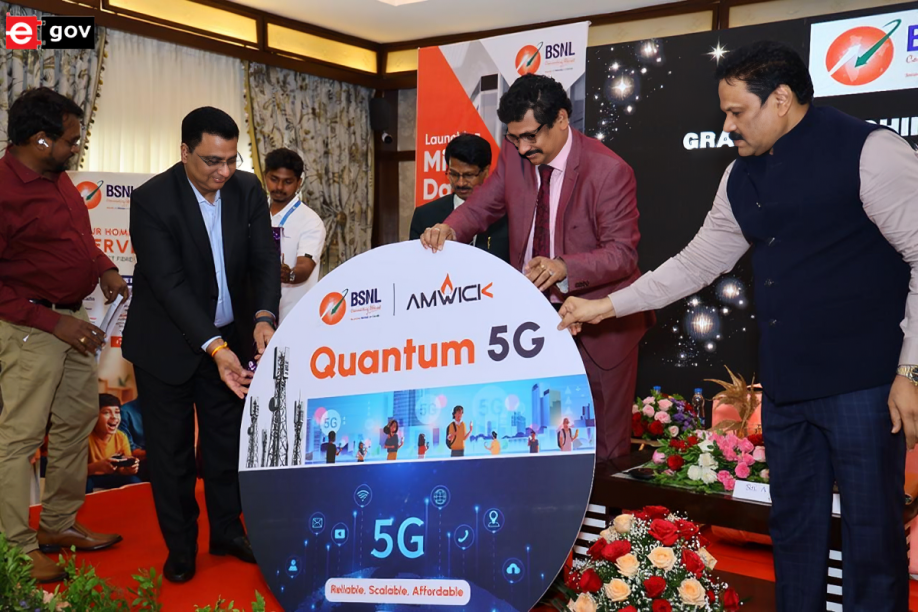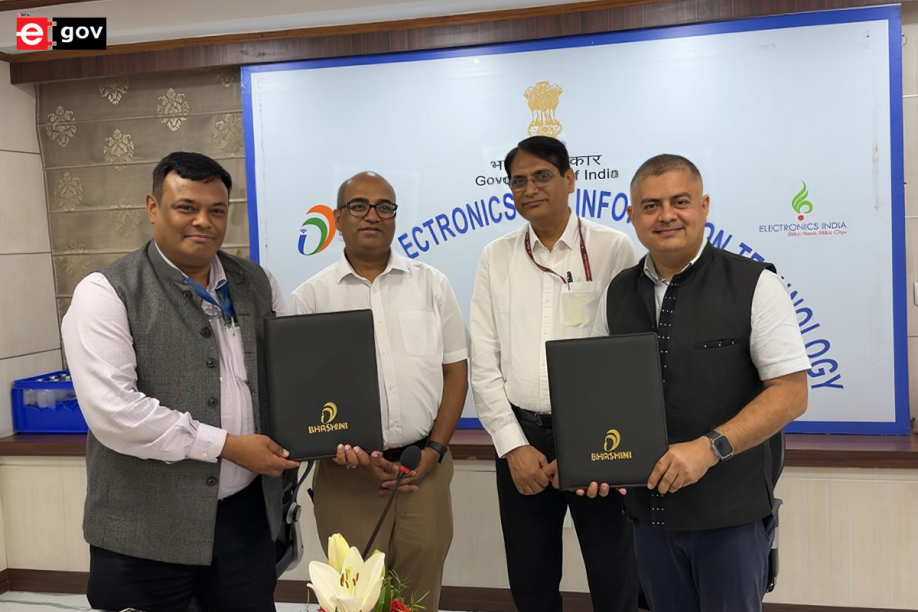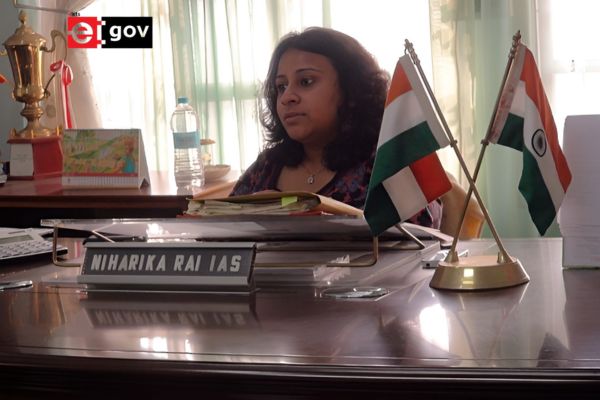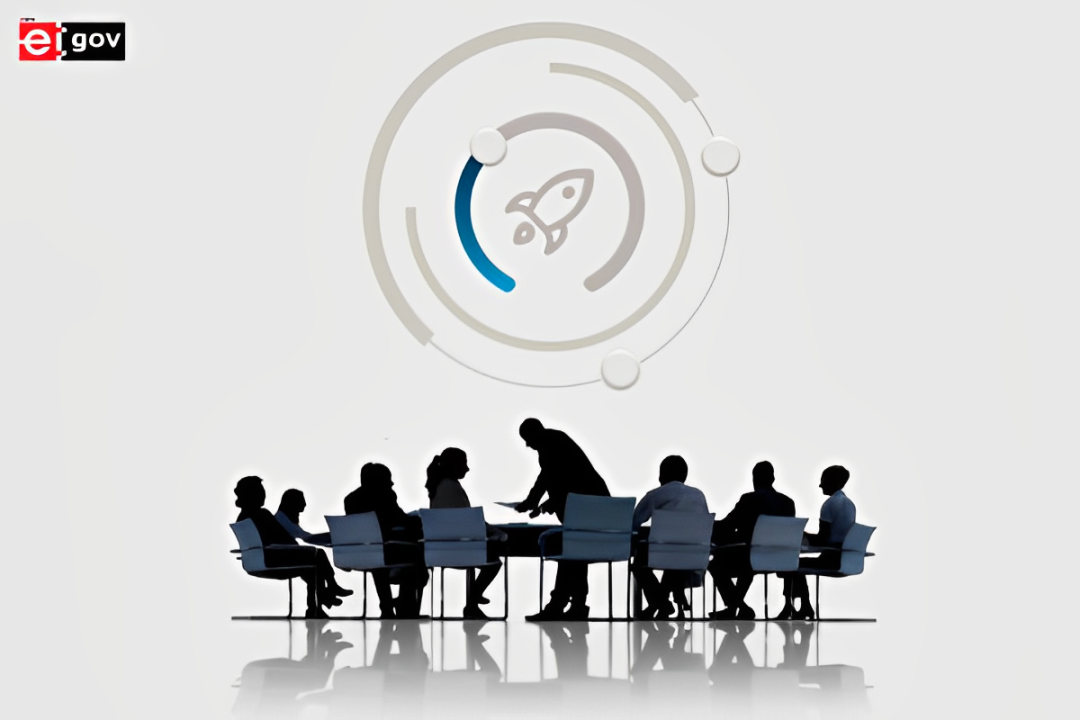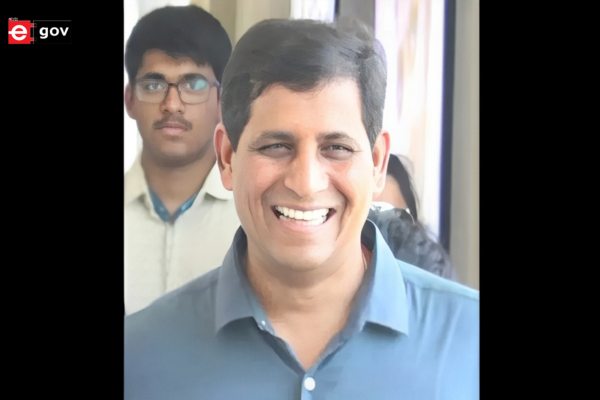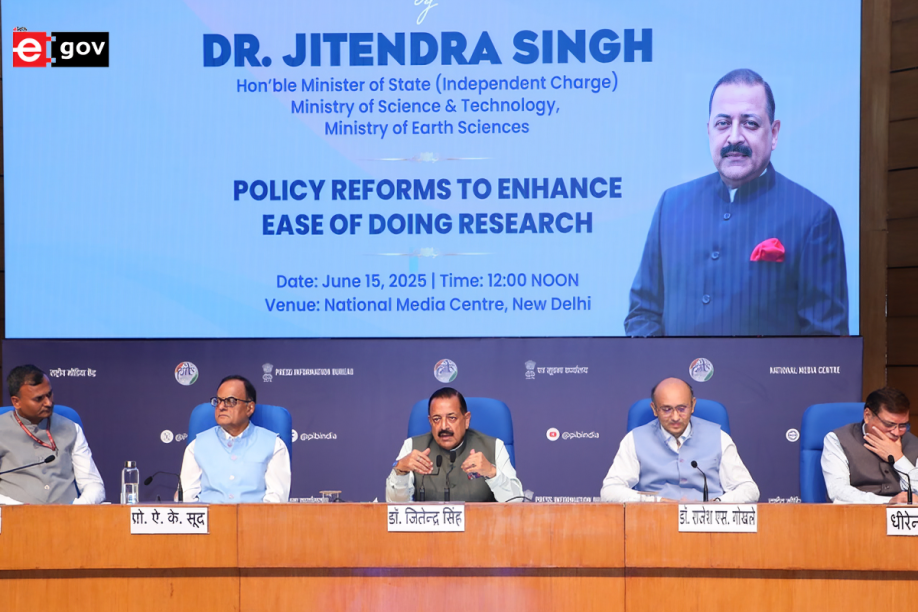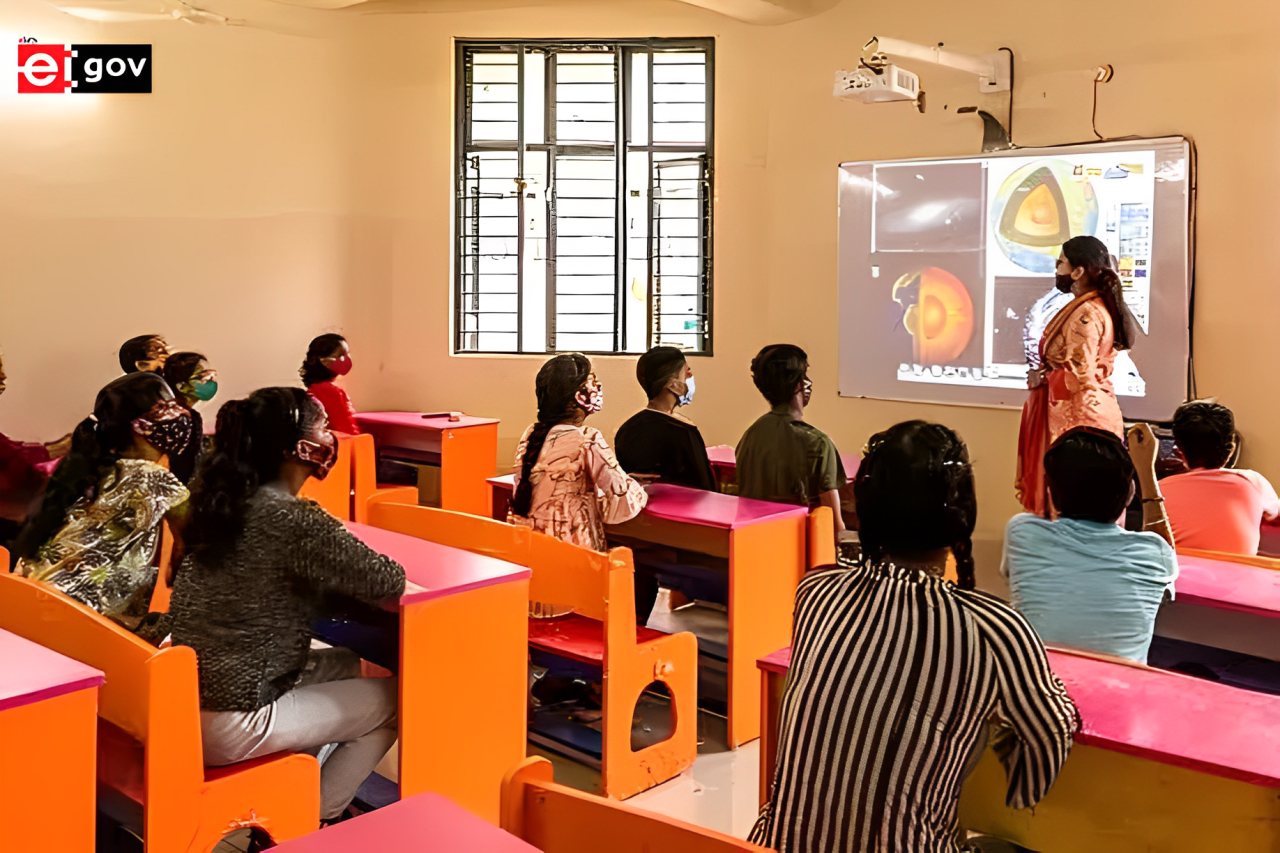
Union Finance Minister Nirmala Sitharaman presented her eighth consecutive Union Budget 2025-26, focusing on economic acceleration, inclusive development, private sector investments, and strengthening the financial power of India’s middle class. The budget outlines key strategies to drive employment-led growth, enhance manufacturing capabilities, and ensure sustainable economic expansion under the vision of ‘Viksit Bharat’.
Key Focus Areas

The budget is structured around ten key areas to ensure balanced economic progress:

- Empowering MSMEs
- Driving employment-led economic growth
- Investing in human capital and innovation
- Ensuring energy security
- Expanding export opportunities
- Encouraging technological advancements
- Strengthening agriculture and rural development
- Promoting infrastructure expansion
- Advancing financial sector reforms
- Enhancing governance and transparency
Vision for ‘Viksit Bharat’

FM Sitharaman underscored the government’s commitment to Sabka Vikas (inclusive growth) with the following priorities:

- Eradicating poverty
- 100% access to quality school education
- Affordable and comprehensive healthcare
- Fully skilled workforce with meaningful employment
- 70% women participation in economic activities
- Empowering farmers to make India the world’s food basket
Boosting MSMEs and Startups
MSMEs remain the backbone of India’s economy, contributing 36% to manufacturing and 45% to exports. The government has announced a 2.5x increase in investment limits and 2x rise in turnover limits for MSMEs.
- MSME units are projected to grow from 5 crore to 10 crore over the next five years.
- Startup loan limits will double from ₹10 crore to ₹20 crore under Aatmanirbhar Bharat.
- The National Cooperative Development Corporation (NCDC) will receive government backing to expand lending operations.
- A Makhana Board will be set up to enhance makhana production and marketing, benefiting Bihar’s farmers.
Agriculture & Rural Development
Agricultural reforms focus on improving productivity, self-reliance in pulses, and boosting financial access for farmers:
- Kisan Credit Card (KCC) loans increased from ₹3 lakh to ₹5 lakh.
- A 6-year mission for pulses self-reliance, ensuring price support through NAFED and NCCF.
- A National Mission on High-Yield Seeds to boost productivity.
- 100 low-productivity districts will be transformed under a new Agricultural District Programme, benefiting 1.7 crore farmers.
- FPOs (Farmer Producer Organizations) will be strengthened to enhance rural livelihoods.
Fisheries & Marine Growth
- India is now the second-largest fish producer globally.
- Seafood exports have reached ₹60,000 crore, contributing significantly to the economy.
- An enabling framework will be introduced for sustainable fishing in India’s exclusive economic zones.
Manufacturing & Export Growth
- MSME investments to increase 2.5 times, fostering employment growth.
- ₹10,000 crore allocated to boost startup funding.
- The National Action Plan for Toys will promote domestic toy manufacturing.
- A new Footwear & Leather Growth Scheme will enhance exports, creating 22 lakh jobs.
- A National Institute of Food Technology in Bihar will boost food processing and farmers’ incomes.
Urban Development & Infrastructure
- ₹1 Lakh Crore Urban Challenge Fund to redevelop cities and sanitation projects.
- Revamped UDAN Scheme to add 120 new destinations, benefiting 4 crore passengers.
- ₹1.5 Lakh Crore Interest-Free Loans for states to boost infrastructure.
Energy & Power Reforms
- Nuclear Energy Mission targeting 100 GW nuclear power by 2047.
- ₹20,000 crore R&D investment in Small Modular Reactors, with five operational by 2033.
- States incentivized for electricity distribution and transmission reforms.
Financial Sector & Taxation Reforms
New Income Tax Bill
- Simplified income tax structure with faster return processing.
- A ‘trust first, scrutinize later’ approach for tax compliance.
- Middle-class tax relief and TDS/TCS rationalization.
- NO income tax payable up to ₹12 lakh under the new tax regime.
- TDS on rent increased from ₹2.40 lakh to ₹6 lakh, benefiting small taxpayers.
- TCS on remittances threshold raised from ₹7 lakh to ₹10 lakh.
Customs & Tariff Reforms
- Basic Customs Duty (BCD) exemption on cobalt powder, lithium-ion battery waste, and 12 other critical minerals.
- Tariff rationalization to simplify the structure and boost domestic manufacturing.
- Cess and surcharge modifications to ensure a single levy structure.
Investing in People & Education
Healthcare
- Patient Assistance Programs by pharma companies exempt from Basic Customs Duty.
- 36 life-saving drugs fully exempt from customs duty.
- 6 essential medicines added under a 5% concessional duty scheme.
Education & Skill Development
- A new Centre of Excellence for AI in Education with an outlay of ₹500 crore.
- ₹20,000 crore allocated to enhance private sector-driven research in education.
- IIT expansion: Infrastructure boost for five post-2014 IITs to accommodate 6,500 additional students.
- HEFA-backed funding to strengthen IIT infrastructure.
Global Trade & Economic Competitiveness
- Export Promotion Mission to boost exports and integrate with global supply chains.
- BharatTradeNet (BTN): A unified digital trade platform for documentation and financing solutions.
- FDI limit in insurance set to increase to 100%.
- Jan Vishwas Act 2.0 to decriminalize 100+ provisions and introduce an Investment Friendliness Index.
Infrastructure & Connectivity
- Greenfield airport development in Bihar to support passenger growth.
- SWAMI Fund 2 with ₹15,000 crore allocation to support stalled real estate projects.
- 22 top tourist destinations to be developed in partnership with states.
Encouraging Entrepreneurship & Job Creation
- ₹2 crore term loans for 5 lakh first-time entrepreneurs (women, SC/ST).
- MSME credit guarantee cover raised to ₹20 crore, reducing the guarantee fee to 1%.
- ₹1.5 Lakh Crore Interest-Free Loans to boost capital expenditure.
- New policies for labour-intensive industries to support employment.
The Union Budget 2025-26 lays a robust foundation for India’s economic transformation, emphasising self-reliance, inclusive growth, and sustainability. With targeted initiatives in agriculture, MSMEs, exports, infrastructure, energy, and taxation, the government aims to fast-track economic progress, ensuring ‘Viksit Bharat’ by 2047.
FM Sitharaman concluded, “This budget is a reflection of our commitment to economic expansion, job creation, and strengthening the financial independence of every Indian.”
Be a part of Elets Collaborative Initiatives. Join Us for Upcoming Events and explore business opportunities. Like us on Facebook , connect with us on LinkedIn and follow us on Twitter, Instagram.
"Exciting news! Elets technomedia is now on WhatsApp Channels Subscribe today by clicking the link and stay updated with the latest insights!" Click here!





